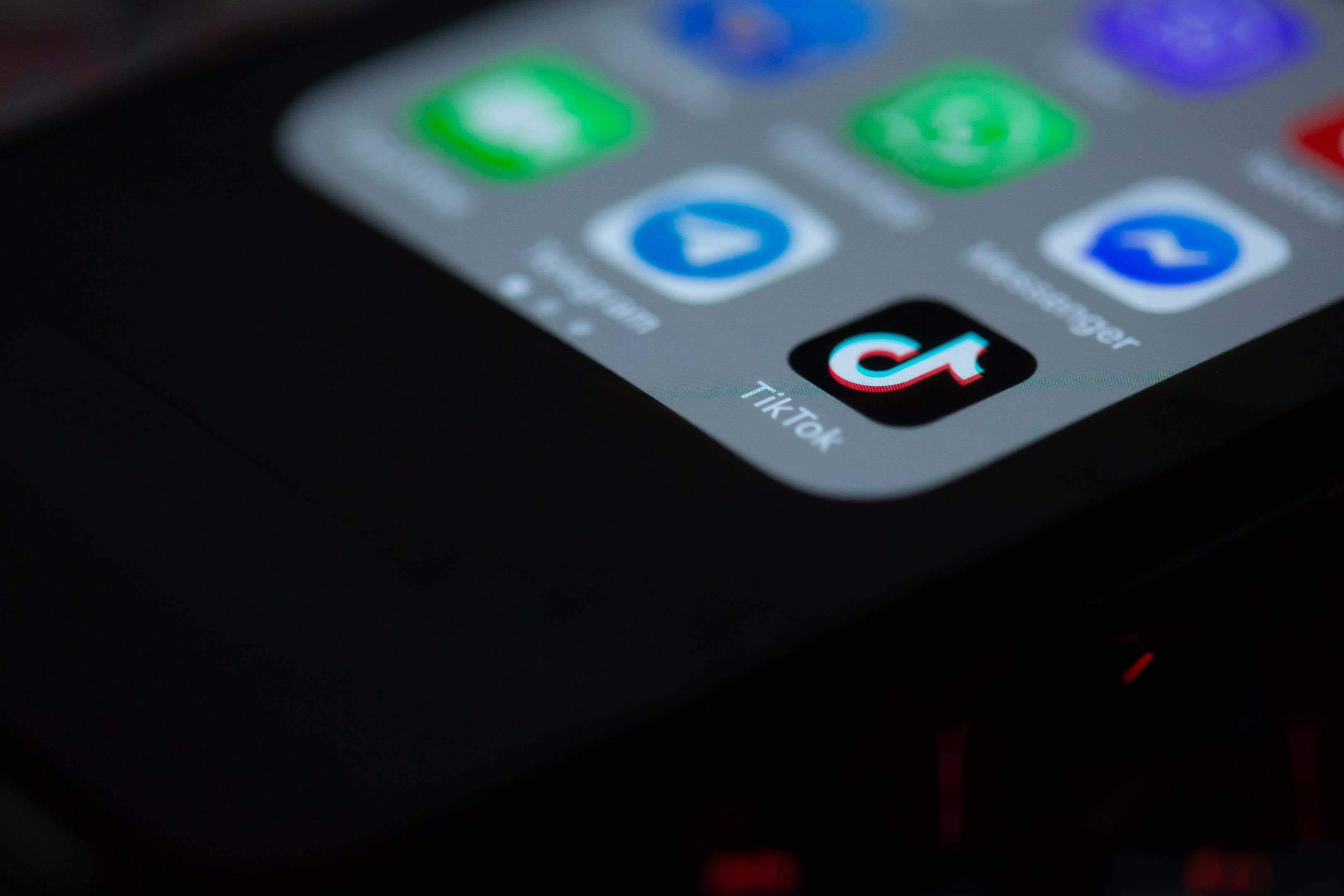In a decisive move that could reshape the social media landscape, President Biden has signaled his readiness to endorse a bill that could lead to the ban of TikTok in the United States. This development comes amid a flurry of bipartisan support and national security concerns, as the Protecting Americans From Foreign Adversary Controlled Applications Act gains momentum in Congress.
“If they pass it, I’ll sign it,” Biden declared, aligning himself with the legislative push to address the potential risks posed by the Chinese-owned app. The bill, introduced by Reps. Mike Gallagher and Raja Krishnamoorthi, received unanimous backing from the House Energy and Commerce Committee, reflecting a rare consensus in today’s polarized political climate.
The proposed legislation targets ByteDance, TikTok’s parent company, mandating a divestiture of the app within 165 days post-enactment or facing a ban on U.S. app stores and web hosting services. This would effectively cut off access to the platform for millions of American users. TikTok, however, has not taken this lightly, launching a campaign to rally its user base against the bill, emphasizing the threat to their freedom of expression and the platform’s role in their lives.
The bill’s scope extends beyond TikTok, setting up a framework for the president to identify other applications linked to foreign adversaries, such as China, Russia, North Korea, and Iran, that may pose national security risks. This broad reach has sparked criticism from groups like the ACLU and the Knight First Amendment Institute at Columbia University, who argue that the bill could infringe on free speech rights.
Adding to the complexity of the situation, former President Trump, who previously attempted to ban TikTok during his term, has voiced his opposition to the bill, suggesting it could inadvertently benefit Meta, Facebook’s parent company. Trump’s stance places him at odds with leading Republicans who view the bill as a vital national security measure.

The White House has been involved in the drafting process, with press secretary Karine Jean-Pierre noting that the TikTok legislation still requires refinement. Meanwhile, Biden’s administration has taken steps to safeguard Americans’ personal data from transfer to countries of concern, including signing an executive order to that effect and banning TikTok on federal government devices.
The bill’s passage would not only impact TikTok but also set a precedent for how the U.S. addresses concerns over foreign technology companies. With the Biden campaign’s recent foray onto TikTok, the administration’s stance on the platform is under scrutiny, juxtaposing national security interests with the app’s widespread popularity.
Public opinion on the matter is split, with a recent AP-NORC poll revealing a near-even divide among U.S. adults on the issue of a nationwide TikTok ban. The generational gap is evident, as younger, daily users of the app express less concern over data sharing with the Chinese government compared to the broader adult population.
The bill heads to the House floor for a vote, the nation watches closely. The outcome will not only determine the fate of TikTok in the U.S. but also signal how America navigates the intersection of technology, privacy, and international relations in the digital age.
Related posts:
Biden says he’ll sign bill that could ban TikTok if Congress passes it
Biden says he’ll sign proposed legislation to ban TikTok if Congress passes it
Biden says he’d sign bill that could ban TikTok if Congress passes it





